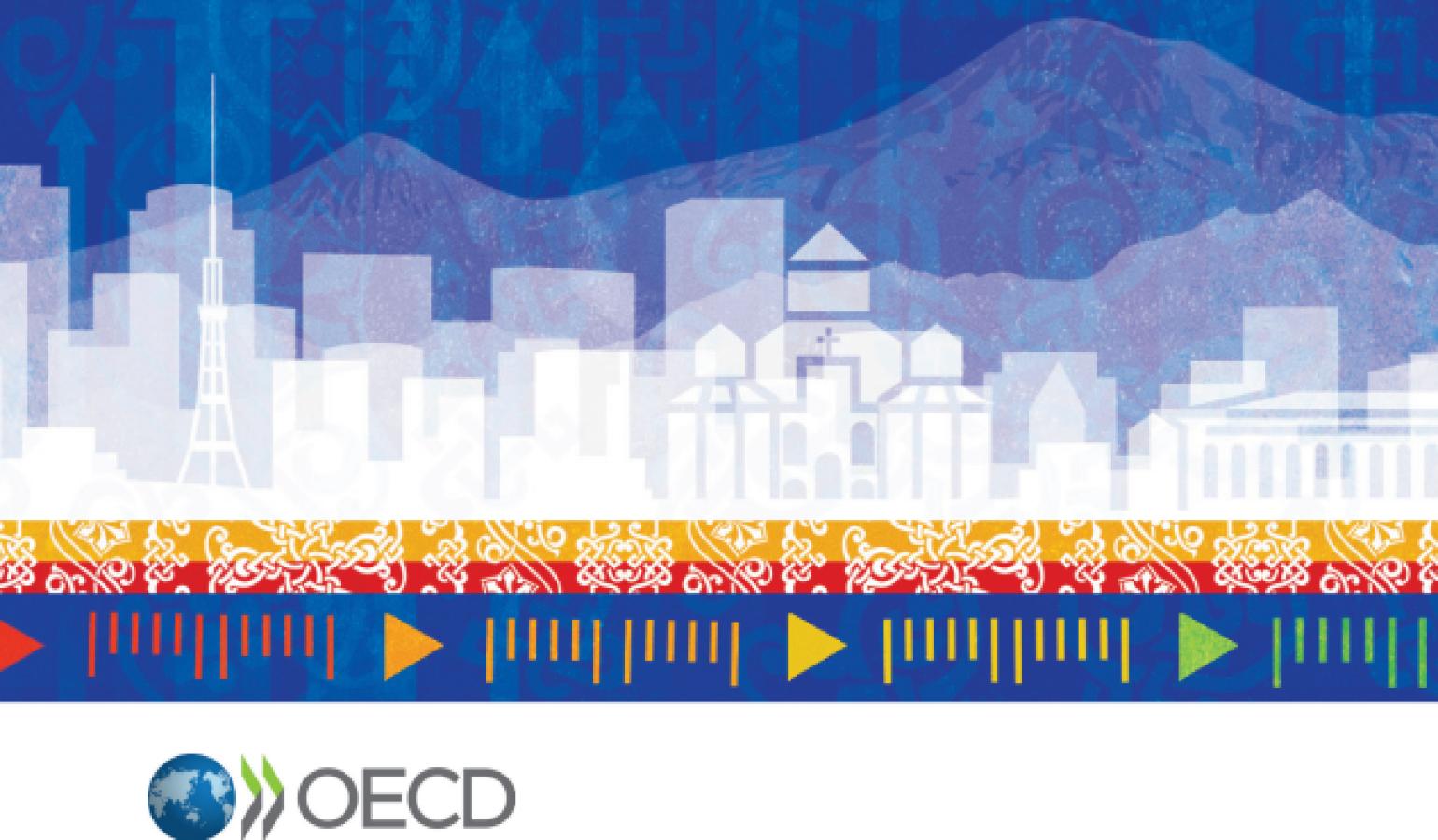
The Organisation for Economic Co-operation and Development (OECD) has published a report on the fight against corruption and the challenges facing the judiciary in Armenia.
The report assesses Armenia’s anti-corruption reforms based on nine key areas, which include anti-corruption policy, corruption prevention, the functioning and independence of the institutional framework, as well as judicial practice. It also provides an analysis of developments in 2023–2024. According to the report, since 2022 Armenia has maintained a positive dynamic in its anti-corruption reforms, reflected in legislative progress and compliance with international standards. Armenia has improved its performance in six out of the nine areas. At the same time, certain setbacks have been recorded in the effectiveness of the judiciary and specialized anti-corruption bodies. Particular concern has been raised regarding the issue of ensuring the independence of the Supreme Judicial Council (SJC). The study on “Judicial Independence” also involved the Center for International and Comparative Law, which contributed data and analysis.
The center has presented a number of recommendations, including strengthening the independence of the Supreme Judicial Council (SJC), enhancing transparency in judicial appointments, reforming the process of selecting court chairpersons, clarifying the grounds for disciplinary liability, introducing an appeal mechanism, and ensuring the proportionality of sanctions.
According to the report, the Supreme Judicial Council (SJC) plays a key role in judicial appointments, evaluations, training, and disciplinary matters. However, concerns regarding interference by the executive branch highlight the need to strengthen the Council’s institutional independence. The lack of reasoning in the judicial appointment process casts doubt on the transparency of these procedures. Although a mechanism for appealing disciplinary decisions has been introduced, its implementation has nonetheless been significantly delayed. Clarifying the legal grounds for judicial disciplinary liability and ensuring the proportionality of sanctions, leaving dismissal strictly as a last resort, are considered primary necessities.
The Center for International and Comparative Law is convinced that the report is an important step towards the establishment of an independent judiciary in Armenia and stands ready to continue its activities in support of improving the country’s judicial system.
The monitoring report was prepared within the framework of the fifth round of the Istanbul Anti-Corruption Action Plan (IAP), which is a regional peer review program of the OECD Anti-Corruption Network for Eastern Europe and Central Asia (ACN). This program, implemented since 2003, supports anti-corruption reforms in Armenia and other countries of the region.
Armenia joined the International Association of Prosecutors (IAP) in 2003 and has already undergone four rounds of monitoring. Armenia’s next evaluation process was launched in November 2024. Nine non-governmental organizations, including the Center for International and Comparative Law, were involved in the preparation of the monitoring questionnaire.
We would also like to note that the Organisation for Economic Co-operation and Development (OECD) is an international body that develops policies aimed at creating better lives. Building on more than 60 years of experience, the OECD works with policymakers, stakeholders, and citizens to set evidence-based international standards and design solutions to address social, economic, and environmental challenges.